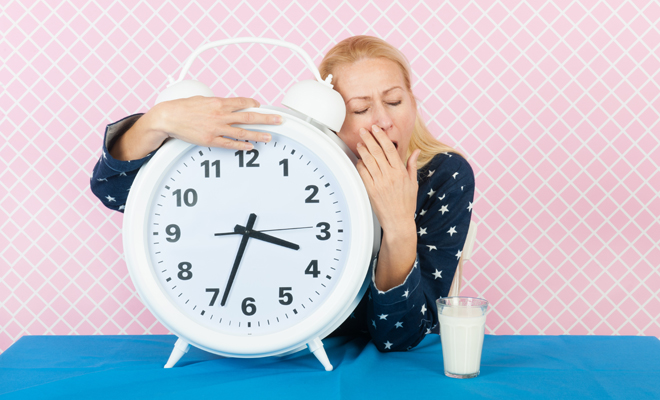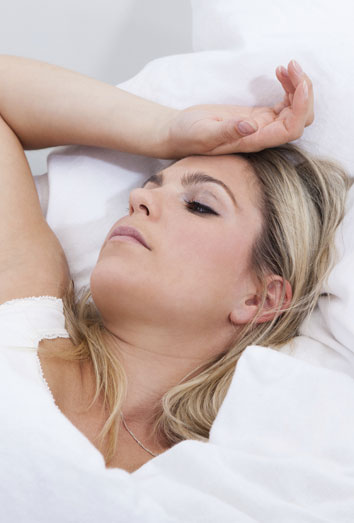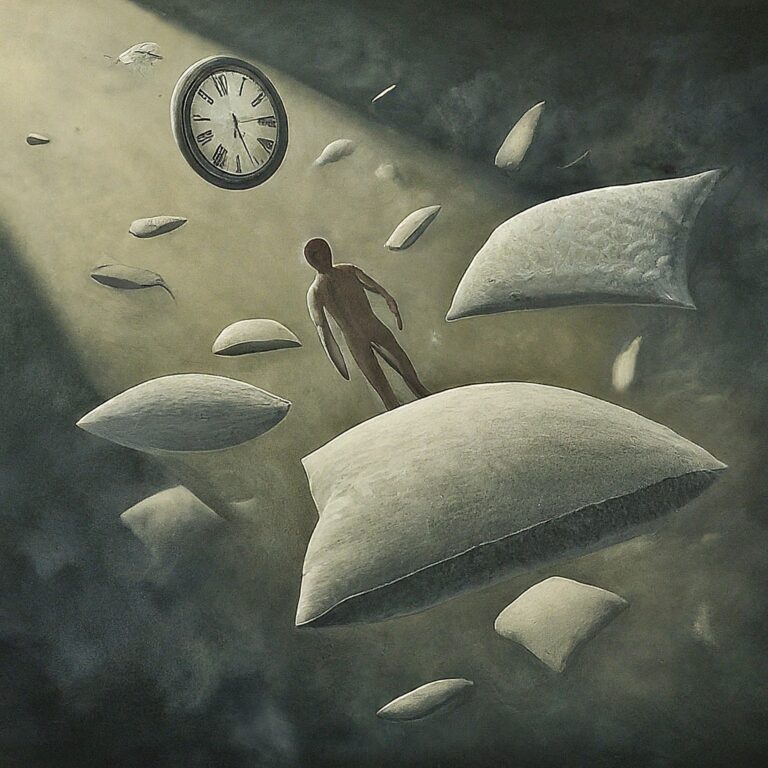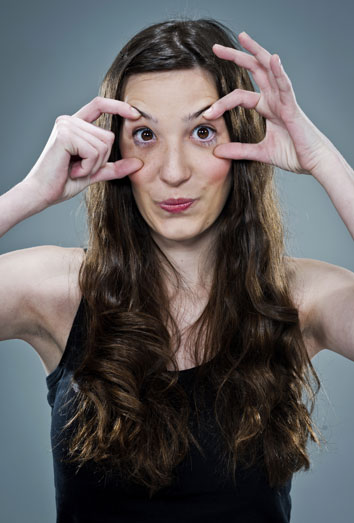Insomnia has consequences of varying degrees that can range from depression to death. It is not about alarming, but about focusing attention on an increasingly frequent problem, sleep disorders, which put our health at serious risk. With only one night without sleep, the risk of suffering a traffic accident multiplies. So people who suffer from insomnia should be more attentive than anyone to traffic accidents.
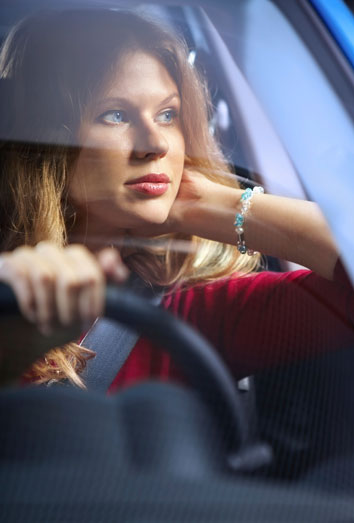
Accidents due to insomnia
- It must be borne in mind that insomnia is both a lack of sleep and a poor quality of sleep. We warn this because there are people who are not aware of their sleep disorder, since they sleep enough hours. However, they do not get enough rest because their sleep is of poor quality. In both cases we are talking about insomnia and in both cases we find ourselves the next morning with negative consequences for driving.
- Without the night’s rest that we all need, our cognitive functions are reduced, as well as our motor response. Driving drowsy is one of the most dangerous cocktails out there and is the cause of a third of traffic accidents. A person who suffers from insomnia and gets behind the wheel has less reflexes, less ability to react, is less alert and is more affected by distractions. All this accompanied by the fatigue and exhaustion of a sleepless night.
- However, the most dangerous side of insomnia behind the wheel are the so-called micro sleeps. Micro sleeps are a mechanism in our body to compensate for lack of sleep, due to time or quality. Suddenly, for a few seconds we close our eyes and fall asleep. Most people who experience micro sleep are unaware of it, as it only lasts for a few seconds. A few seconds that on the road can be deadly.
- On this matter of insomnia and traffic accidents plan some difficulties. Can a traffic accident due to insomnia be prevented? The truth is that the only method of prevention is not to take the car, something that not everyone can afford. In any case, if driving cannot be avoided, it is advisable not to do it at dawn or at dusk, since these are the hours in which the circadian clock pushes us to fall asleep.

